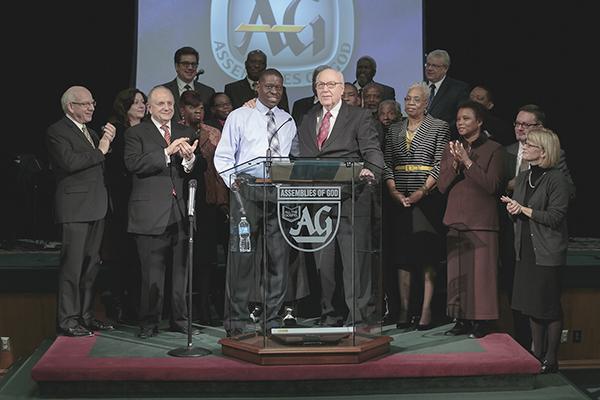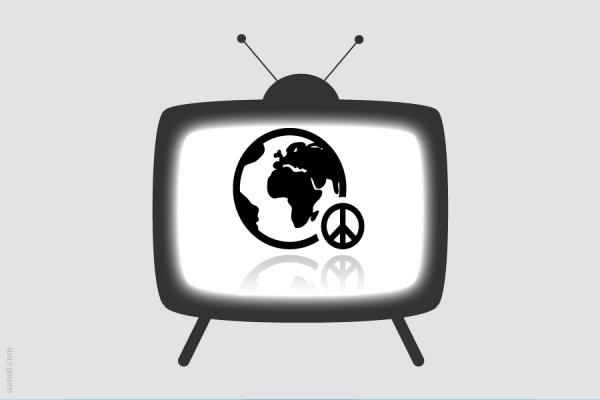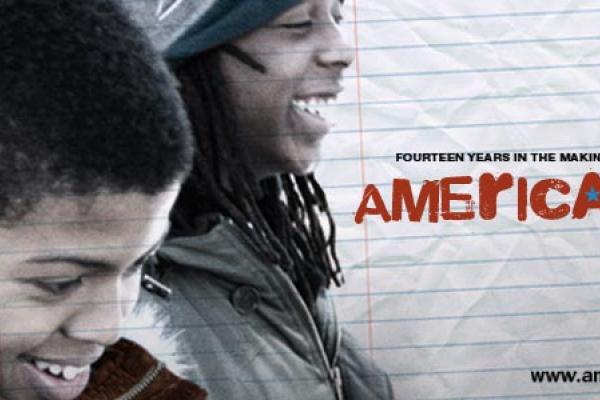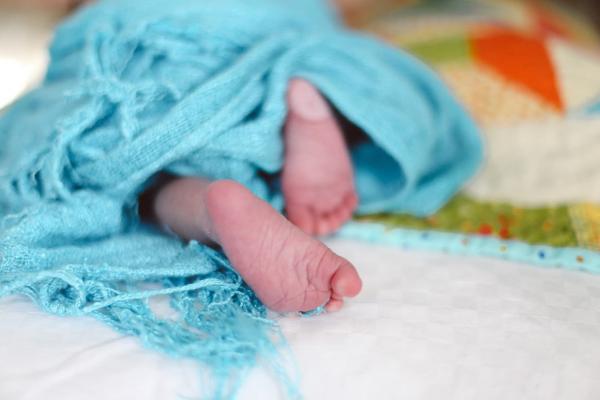When he was a boy, the Rev. Thomas Barclay noticed a difference between the worshippers of his small Pentecostal denomination and churches he visited of the larger Assemblies of God.
“Why are they all white and we’re all black?” he asked his father.
After a racial divide that lasted for nearly a century, the two denominations, the Assemblies of God and the United Pentecostal Council of the Assemblies of God, have agreed to a new partnership.
An 84-year-old nun was sentenced to nearly three years in prison on Tuesday for breaking into a Tennessee nuclear facility in July 2012.
Sister Megan Rice and two other anti-nuclear activists were convicted last May of breaking into a federal complex that stores enriched uranium.
“Please have no leniency on me. To remain in prison for the rest of my life would be the greatest honor you could give me,” Rice told the federal judge at her sentencing hearing, according to USA Today.
I didn’t expect to get hit on during Super Bowl XLVIII.
I mean, I was expecting the usual stuff — the testosterone-fueled web hosting pitch, the adorable animals selling beer – but this was shameless. Someone really did their homework, because company after company turned up with things I like to hear: healthy families; cute biracial kids; a nation of immigrants; a thriving main street; victory for the marginalized; solving the world’s most pressing social ills. Check, check-check.
Progressive values, you are currently the it-girl for advertisement pickup artists. Enjoy it?
I, for one, do not.
Don’t get me wrong, commercials that celebrate our society as diverse and affirming are far more appealing than the advertising tropes we’re used to. But they also veil or flat-out misrepresent the structures and practices of the companies telling them. Without a significant shift towards justice on the part of these companies themselves, their social good stories shouldn’t charm us — they probably should leave us with a bad taste in our mouths.
There was a time when calling someone “salt of the earth” was a compliment. It suggested a strong work ethic, moral integrity, and someone whose priorities were in proper order. Today, it seems like more of an insult than anything else.
When surveyed about what they wanted to be when they grow up, the most common response from a cohort of school-age children was “famous.” The response revealed nothing about personal passion or ambition, let alone anything about a greater need to be addressed within the larger community. It points to the fact that one of the most revered qualities in our culture is to be known. What you’re known for is less important than simply having people know who you are.
It would be easy to speak critically of a younger group of people who seem to be losing their orientation to a greater social moral compass, but this is a bellwether for where we seem to be headed. Shine brightly, get noticed and make a place for yourself.
But the thing is, the kind of light Jesus talked about is different.
"I bet if I were white then I'd be better off … Isn’t that true?” - Idris
A 9-year-old African-American boy lay on the couch, rubbing his head, and told his dad that if he just went to another school, life would be better. If he were just white, life would be better. He clarified, “I’m not saying I want to … but isn’t that right? That’s what everyone else is saying.”
When a 9-year-old boy can see the sad reality of white privilege and understand that the color of your skin is what defines you in our society, we have a serious problem. We can talk about the progress we have made to move civil rights forward over the past 50 years, and many in my generation are grateful for this movement, but we have a long, long way to go.
According to the Black Boys Report, the high school graduation rate for black males is at 52 percent, while white students graduate at a rate of 78 percent. As a nation, we are proud of our success and power, yet our education statistics do not predict the kind of achievement that we expect for the future of our society. In the midst of a major demographics shift, our nation can no longer afford to accept the growing education gap that has become normative in recent years.
American Promise is a documentary following the lives of two African-American boys from kindergarten through high school. The boys attend Dalton, a private school in the upper east side of Manhattan. As Idris and Seun make their way through years of schooling, the film chronicles the truths of our education system and the lack of social and emotional support offered to students of color in America’s schools. The filmmakers, Michèle Stephenson and Joe Brewster, are the parents of Idris. Through their son’s journey, the hardships of being an African-American boy growing up in today’s society are documented, and struggles of parenting are examined through an entirely new lens.
Don’t let the media tell you that nothing is going to happen in Washington this year. Sure, Congress may be gridlocked on major legislation as we approach midterm elections, but key decisions are set to be made that will define President Barack Obama’s legacy on climate change. In the coming months, the Environmental Protection Agency is finalizing carbon pollution standards for both new and existing power plants, and the Obama administration will make a final decision on the Keystone XL pipeline.
Because the impacts of climate change, such as drought, more severe weather, flooding, and crop devastation, are more harmful to the world’s poor, these decisions will affect the lives of vulnerable people everywhere. As a Christian, I cannot sit idly by while God’s children are suffering from the devastating effects of irresponsible environmental degradation. I am joining with other people of faith in articulating the moral urgency of caring for God’s creation.
I became a mom for the first time in November. Insert here all of the cliché observances about life-changing experiences and never knowing love before and having a better understanding of God and whatnot. Of course, they’re all true, but so are most clichés.
There are also things no one tells you, instead using above clichés to paper over the less desirable realities of parenthood. No one told me about that feeling — the feeling that the word “overwhelming” doesn’t even begin to describe. No one told me that feeling that makes you weep inconsolably and go off the rails at the thought of leaving the house is actually what it means to love your child. That size of love is truly overwhelming.
While I was pregnant, I tried really hard to avoid all of the parenting books — how to raise well-behaved children, the countless “methods” for getting your child to sleep, how to master breastfeeding (“the most natural thing in the world!” ugh, wrong) — in favor of being a “go-with-the-flow” type parent. In fact, the only book I really read and still lives in a stack by my nightstand is The Sh!t No One Tells You: A Guide to Surviving Your Baby’s First Year.
And being the future mother of a girl, I had grand ideas about “protecting” her from human-made gender norms. I ordered the “Forget Princess; Call Me President” onesie. I shunned head-to-toe pink (for about a week). I created a collage wall in her nursery of black-and-white photos of all of the badass women in her family she has to look up to.
And then this week I caught myself doing something that has the potential to harm my daughter more than being drenched in pink and purple for the next 18 years ever could.





